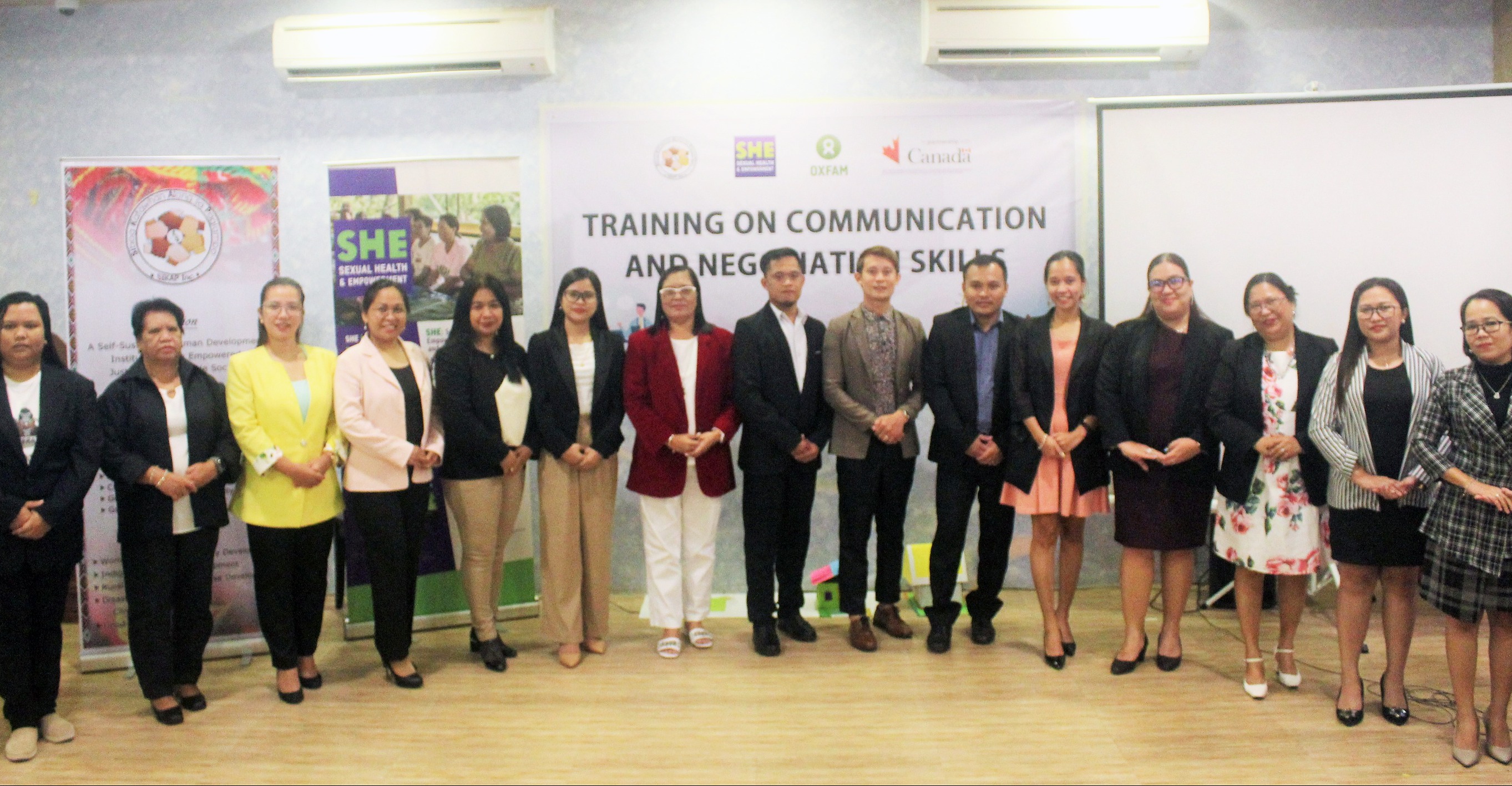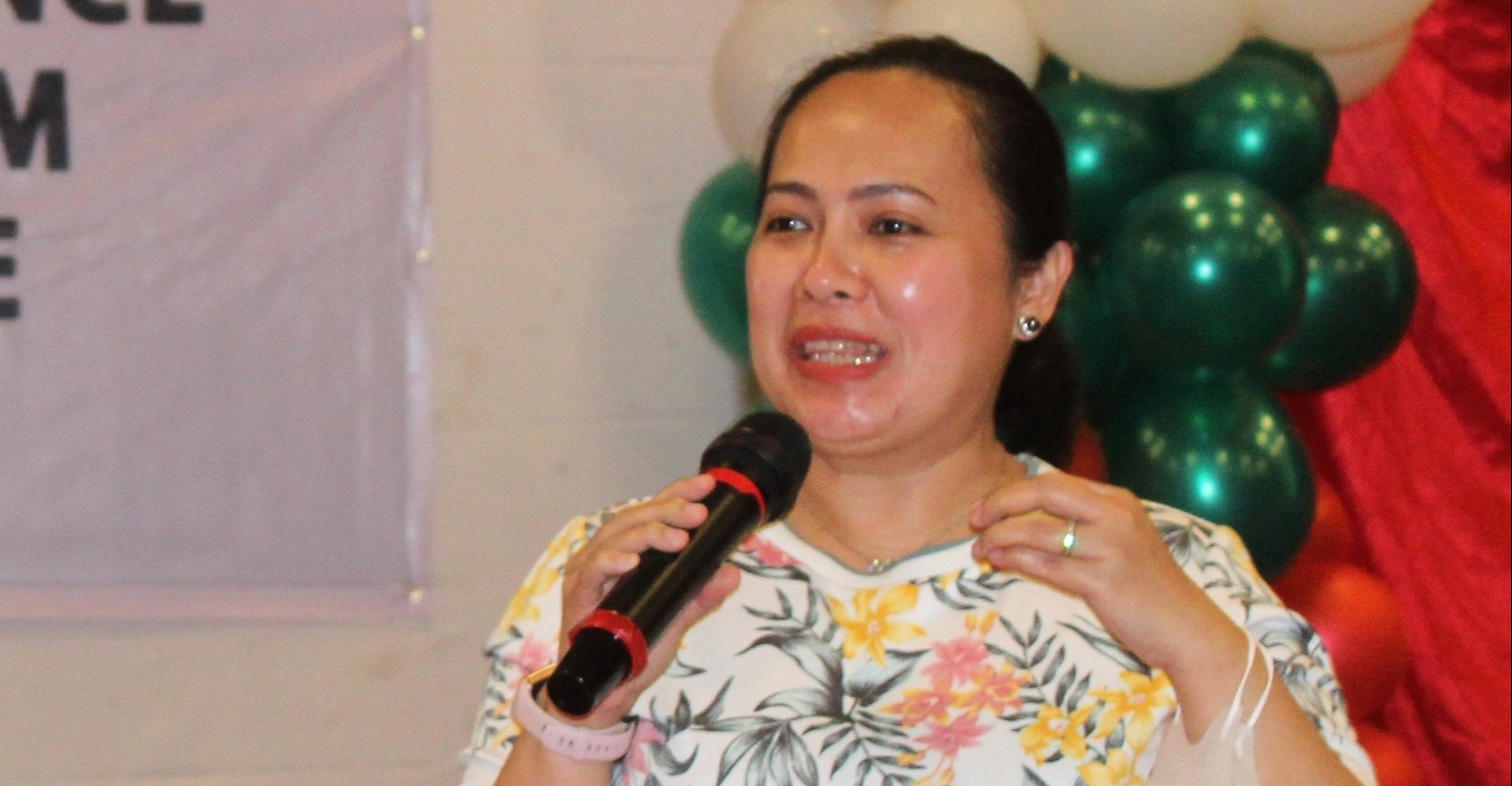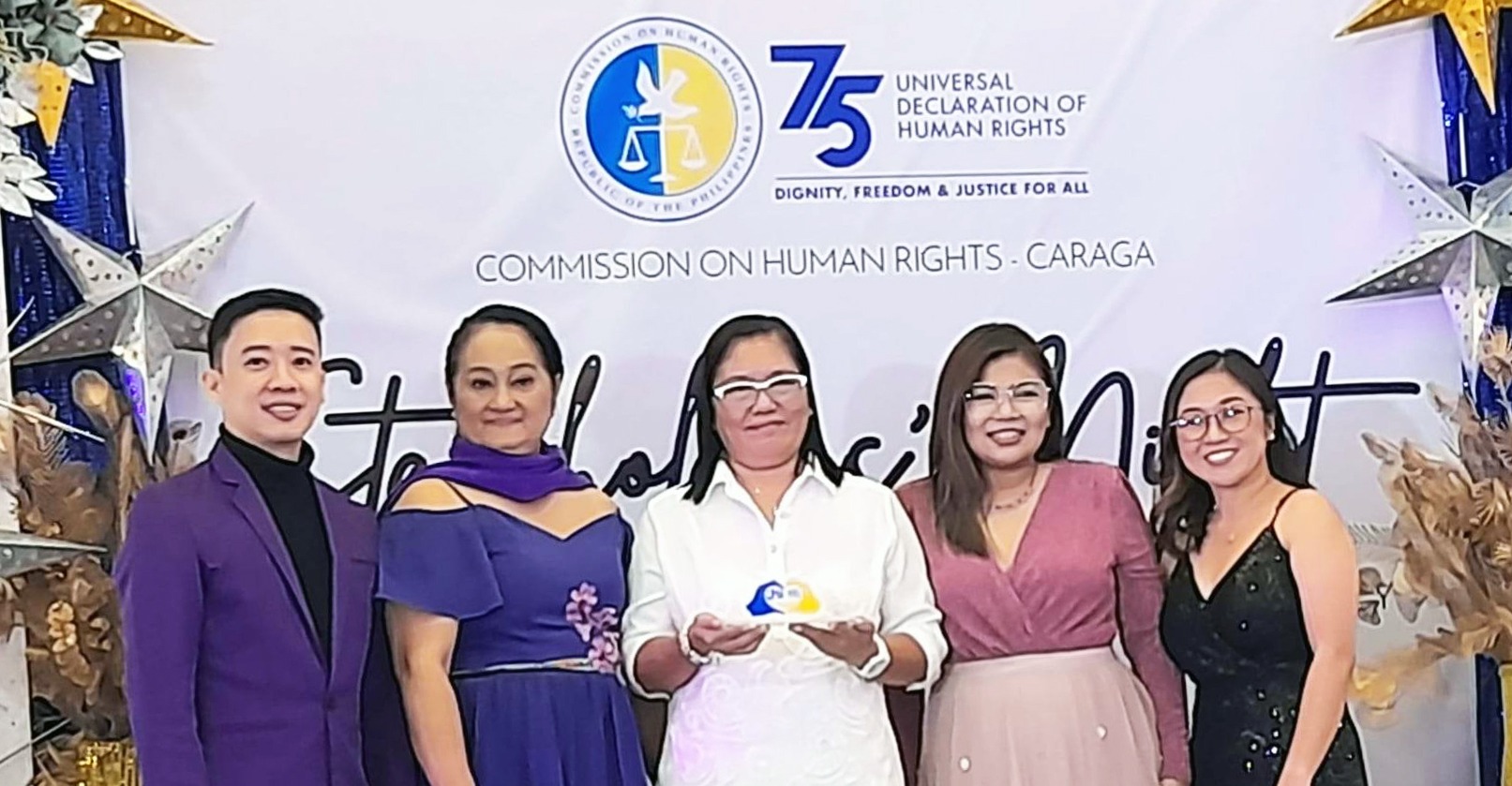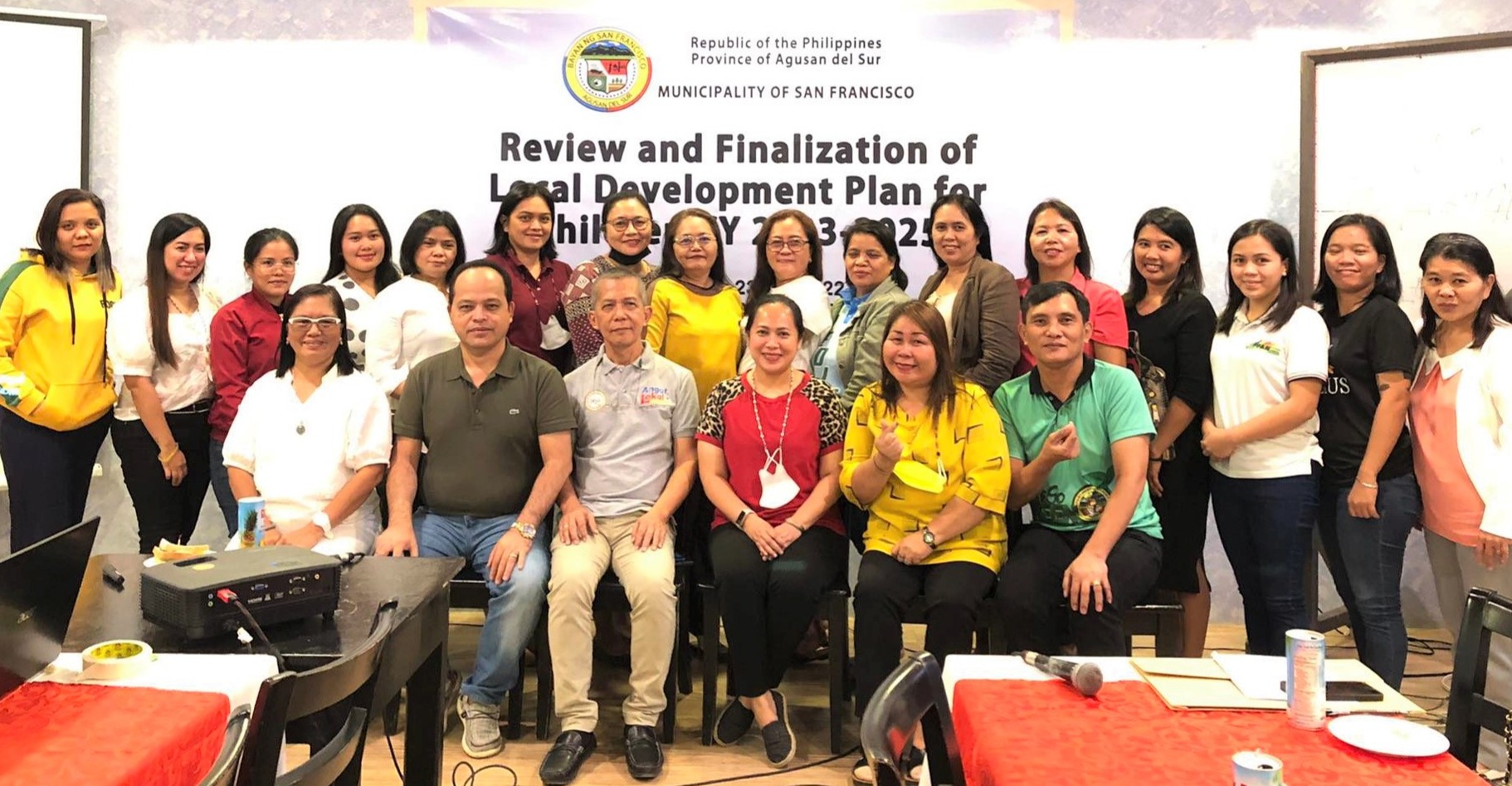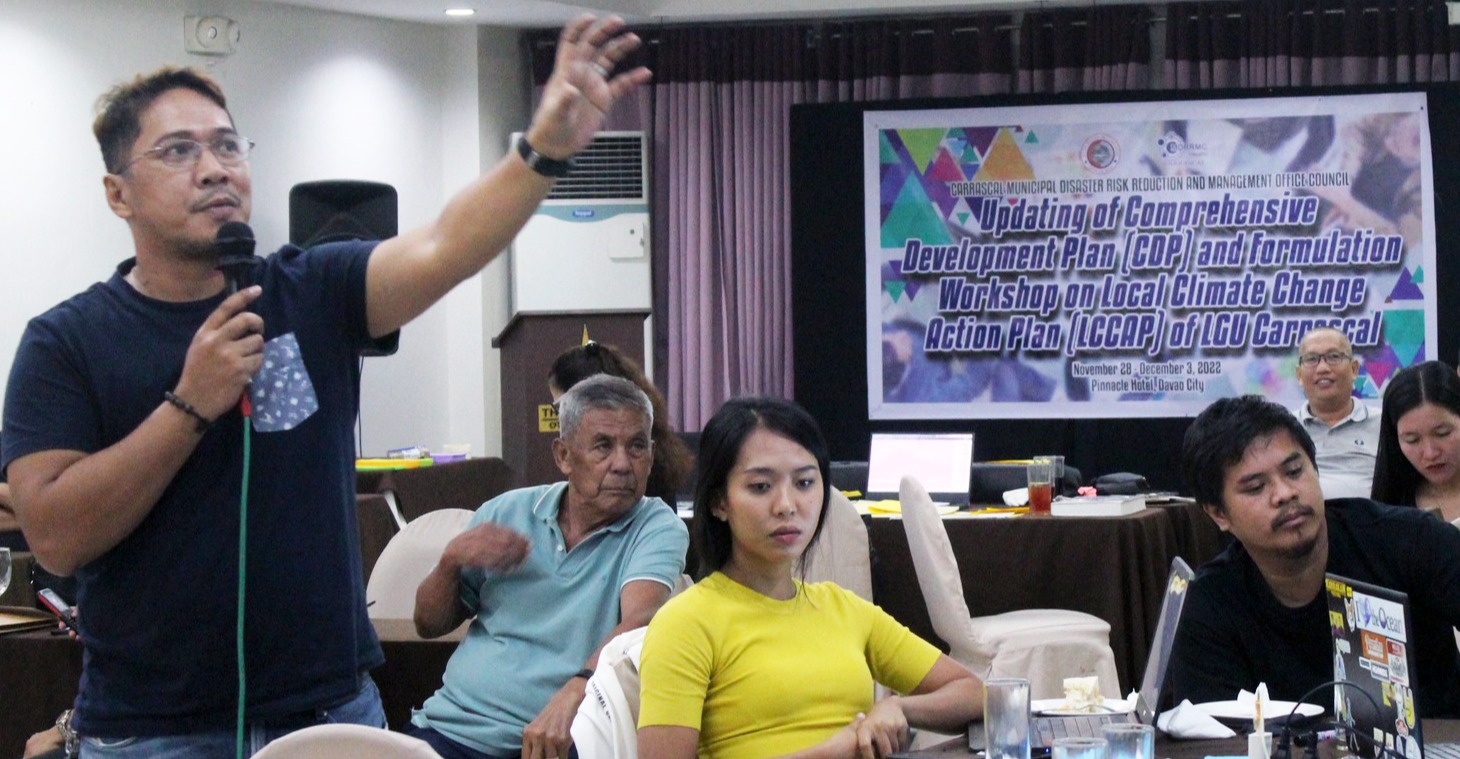In 2015, SIKAP was selected Non-Government Organization in Caraga Region to implement the project entitled “Promote the democratic and effective local governance according to the Seal of Good Local Governance and the Convergence with the National agencies towards the reduction of DRR in Municipalities of Bicol and Caraga Region” (Code nº 14-C01-724)” . The project was conceived through the Spanish Cooperation Master Plan for International Development 2013-2016, which was purposely aligned with the Philippine Development Plan (PDP). It was the Agencia Espaňola Cooperacion Para El Desarollo (AECID) that served as the project funding and coordinating agency.
The project was a consortium of four (4) local NGOs, covering seven (7) municipalities in three (3) provinces within two (2) regions, Caraga and Bicol. Each consortium member was technically supervised by an Spanish NGO, which in the case of SIKAP, it was Fundacion InteRed. SIKAP and Fundacion InteRed covered the Municipality of Veruela in the Province of Agusan del Sur. Owing to their vulnerabilities, five (5) barangays in the Municipality of Veruela, namely Anitap, Candiis, Katipunan, Limot, and Sisimon were the main focus of the project implementation.
Capacitated, experienced, and Hall of Famer as Best CSO in National Gawad Kalasag; SIKAP has worked with various project partners in following areas:
It is further held that Good Local Governance is a precondition to sustain disaster risk reduction, planning and implementing for disaster preparedness, mitigation and prevention programs and activities. Said activities and programs contribute to enhancing a more responsive and effective governance. In such situation, development gains are protected and that, the progressive realization of public safety, general well-being, disaster resilience, and sustainable development is gradually being worked on and achieved.
Taking to heart the realities presented above, SIKAP works for Good Local Governance in its areas of influence. It does so by directly engaging Local Government Units (LGUs) and National Government Agencies (NGAs) in areas of policy development, project planning, implementation, monitoring, and evaluation. It also does the same with Civil Society Organizations (CSOs) - notably Non-Government Organizations and Peoples’ Organizations – by forging partnership and later capacitating them in areas of leadership development, organizational development, project management, disaster risk reduction and management, among others. The purpose of such capacity-building is to prepare the CSOs in interfacing with LGUs and NGAs.
In this time of climate change, what is paramount is to construct a climate-resilient community. Indeed, it is only a resilient community that can withstand extreme weather conditions that have become the new normal.
SIKAP works toward community resilience by engaging in plethora of activities: capacity-building, resource mobilization, partnerships, collaboration, and the like from various levels: barangay, municipal, provincial, regional, and national. More specifically, SIKAP does the following:
-
- Participatory Risk Assessment;
- Organizing household for disaster preparedness and response planning;
- Organizing and training on Violence Against Women and Children (VAWC) prevention and protection system and promotion of gender equity;
- Awareness raising on Water Sanitation and Hygiene (WASH)/health concerns and organizing and training health personnel on community water management;
- Investing on the rehabilitation and upgrading of water systems and community latrines;
- Implementing food security/food production measures that prepare households from any impacts of disasters; and
- Building capacities for livelihood activities and supporting income-generating projects.


